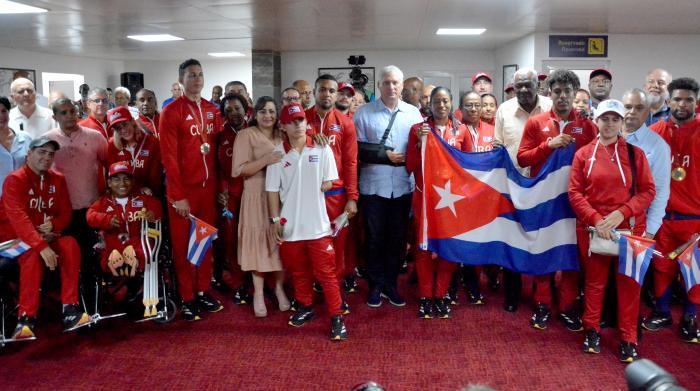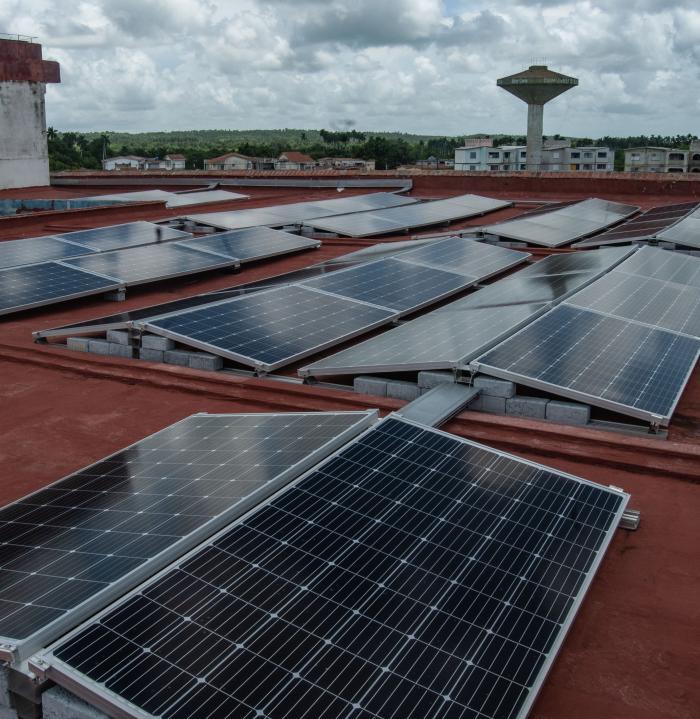

On February 24, 1895, a war had broken out in Cuba that was, as José Martí called it, necessary, organized for years from silence, conviction and conspiracy inside and outside the Island. There was also a Party whose mission was to unite and organize the efforts to achieve the independence of the Greater Antilles and contribute to that of sister nations.It might seem unimportant, in the middle of a war, of shots and machete charges against an enemy several times stronger, to think about the legal order of that Cuba in arms for freedom, but they had already done it in Guáimaro, only six months after the great October 10, 1868.This time the appointment was in Jimaguayú, and it was there to be close to Ignacio Agramonte, the place where he had entered immortality. Twenty delegates from the different army corps facing Spain dreamed of a country and legislated 24 articles focused on not repeating past mistakes, they devised a simple and practical organization of the Republic, adjusted to the conditions of the moment.There were debates, fears, contradictions, three fundamental tendencies; however, four days were enough to understand that, above and beyond what each one believed was best, there was that project of a new, independent, sovereign country, for which unity was essential, the breakdown of which had led to failure after ten years, and they knew that well, Martí had been in charge of explaining it.As a juridical norm, the Constitution of Jimaguayú lacks definitions of civil rights and so many other aspects that a Magna Carta should regulate; hence the text itself instituted its revision in two years, or immediately after the end of the war. The assembly members of 1895 were well aware that they had created a legal instrument that was in line with what was needed at that historical moment.Once again, history teaches us that unity has always been the key to Cuba, the same unity that Raúl, last January 1st, called on us to take care of as the apple of our eye, because it is the result of the very process of nation building. Today, as yesterday, that unity must be built on the basis of diversity of criteria, of placing collective interests above individual ones, and that means continuing to build consensus with everyone, except those who want nothing good for the Homeland.129 years after that September 16, the path continues to be the oath of Máximo Gómez, after being appointed in Jimaguayú as General in Chief and receiving the national flag, "to defend the independence of Cuba until victory or death."
Related News

Innovation on the road to building a more sustainable country

Heroes of sport and life returned home

In 2025, Cuba will have its first minute of electricity generation without imported fuel


